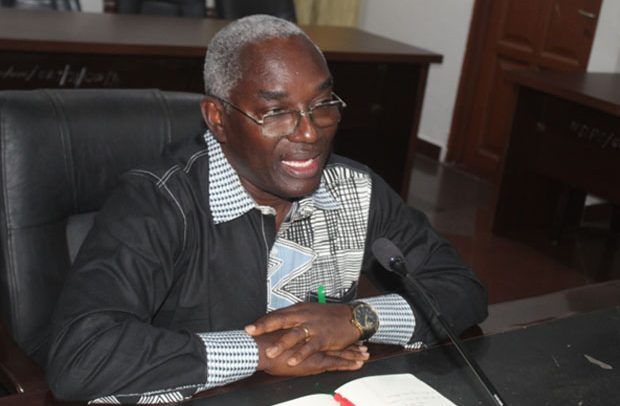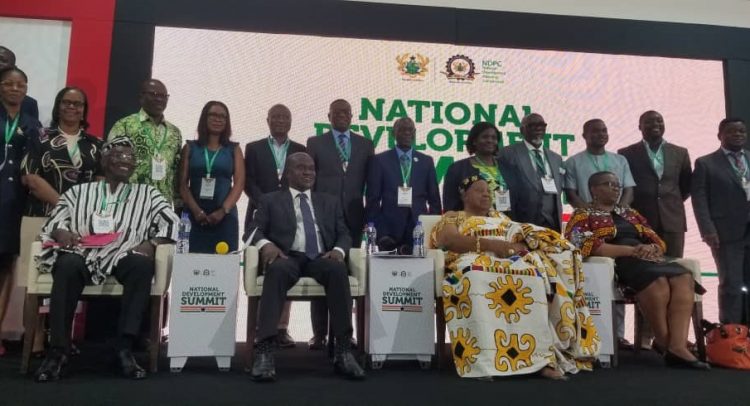
In redefining the country’s economic model, a well-coordinated financial sector together with a comprehensive national development plan backed by strong political leadership are indispensable elements.
This observation was made by a former Commissioner at the National Planning Development Commission (NDPC) Dr. Eben Armah as part of a high-level panel at the 13th Ghana Economic Forum (GEF) organised by the B&FT yesterday.
It was under the theme ‘Re-engineering Ghana’s Economic Model for Sustainable Development: A Robust Financial Sector, Political Leadership & National Development Plan is Key’.
He noted the previous 40-year development plan, launched in 2017, was not effectively implemented due to a lack of political commitment and stakeholder alignment.
Consequently, Dr. Armah stressed the importance of broad-based engagement to ensure the new plan – Vision 2057, which he said will span 25 years and eight election cycles and coincide with Ghana’s 100th year of independence – has full ownership and continuity regardless of changes in political leadership.
“Once there is agreement, it becomes a plan; nobody can change it”, he said, underscoring a need for all stakeholders within the political economy and the Executive to be on board with the development strategy.
Addressing the financial sector’s role, Chief Executive Officer (CEO)-Ghana Stock Exchange (GSE) Abena Amoah highlighted the capital markets as a crucial tool for national economic transformation.
Ms. Amoah noted that although foreign capital is good, the country needs to have a framework that better-mobilises domestic capital. As a result, she emphasised the need for mobilising domestic savings to be channelled into investments, infrastructure and business development.
She also underscored the importance of policy support and a conducive macroeconomic environment for growth of the capital markets.
GSE’s market capitalisation has reached record highs over the past 14 months and currently sits around at GH¢92billion, yet market observers have decried the impact of inflation and currency depreciation on the stock market’s real growth.
Relative to the topic, Dean-UPSA Law School, Professor Ernest Kofi Abotsi, doubled down on calls for the adoption of a “long-term, bipartisan economic plan based on the constitution”.
This approach will help address the country’s persistent economic challenges by preventing short-term, politically motivated policies that are often discarded with changes in government.
The post Editorial: Broad-based comprehensive national development plan required appeared first on The Business & Financial Times.
Read Full Story














Facebook
Twitter
Pinterest
Instagram
Google+
YouTube
LinkedIn
RSS